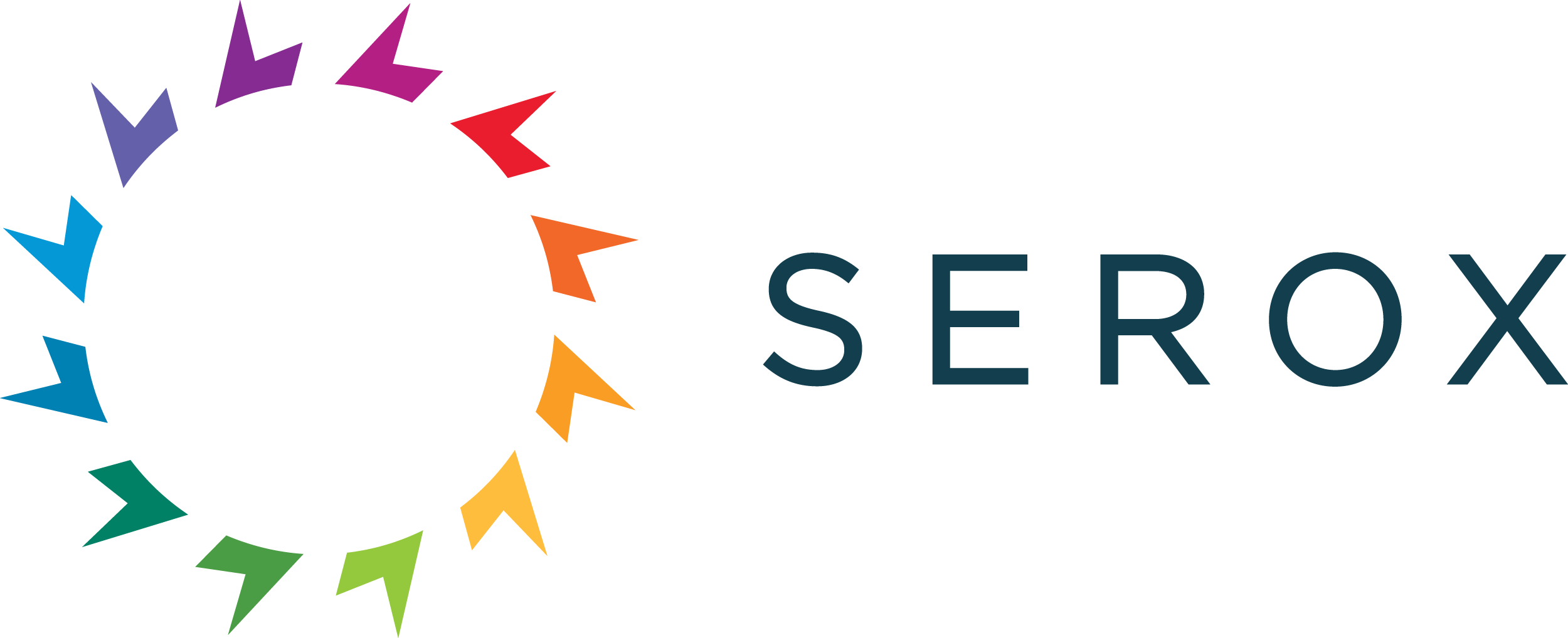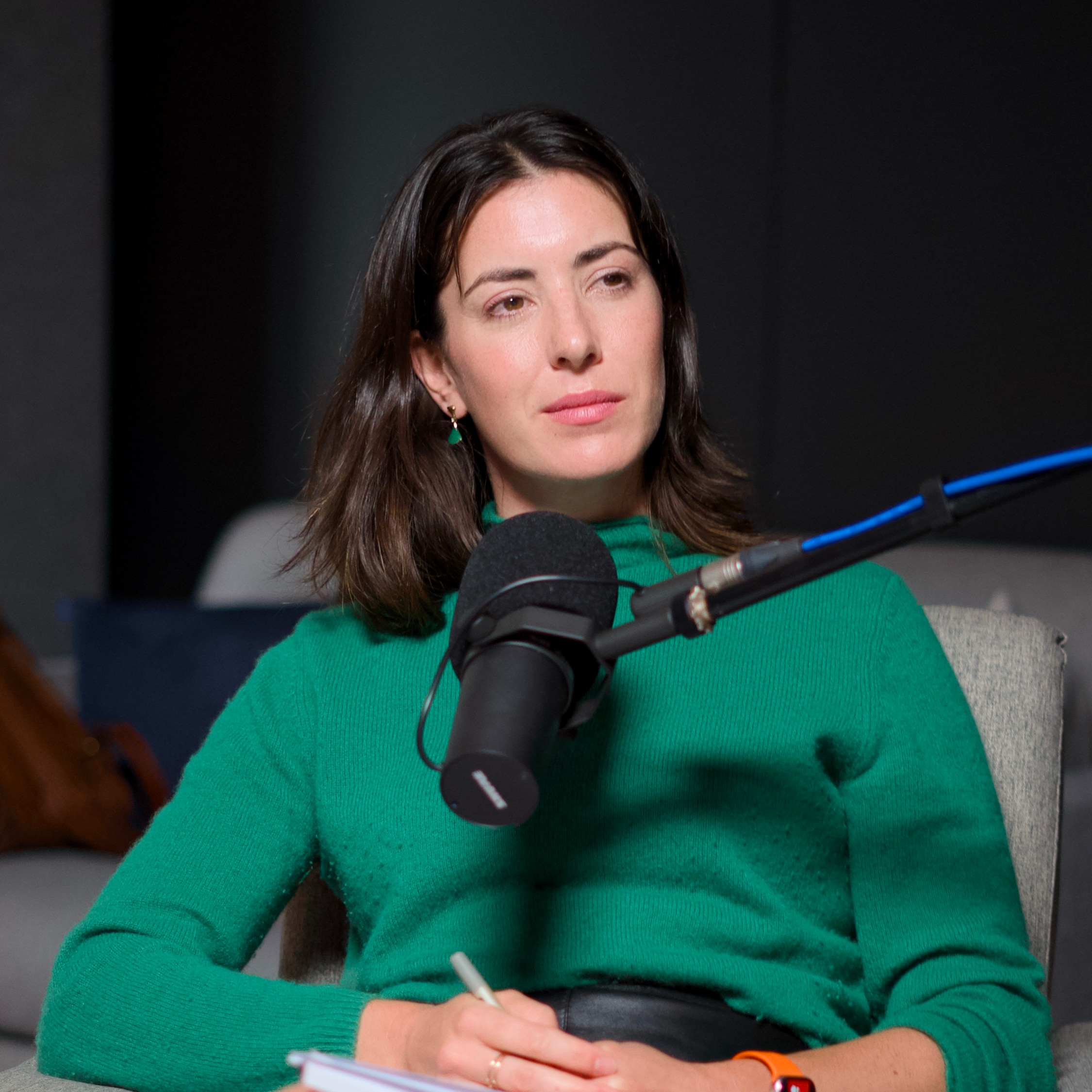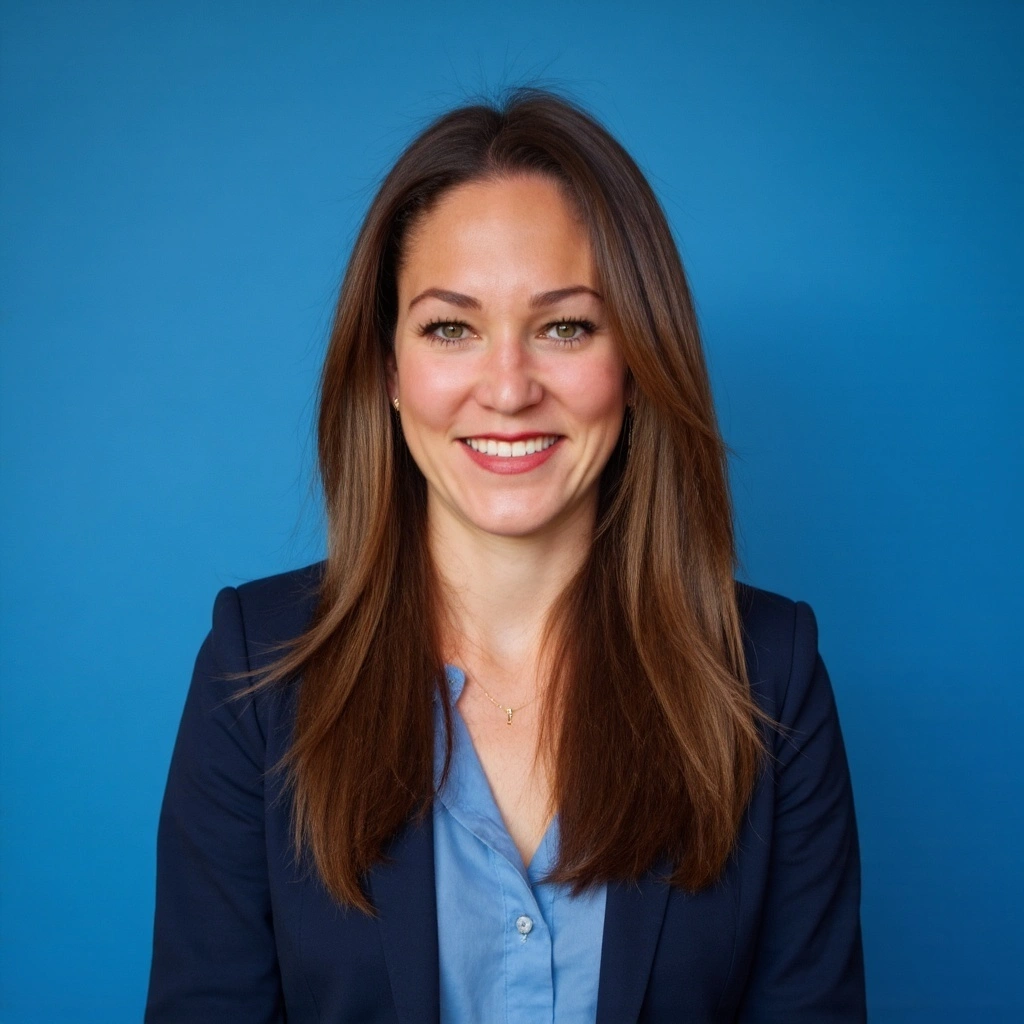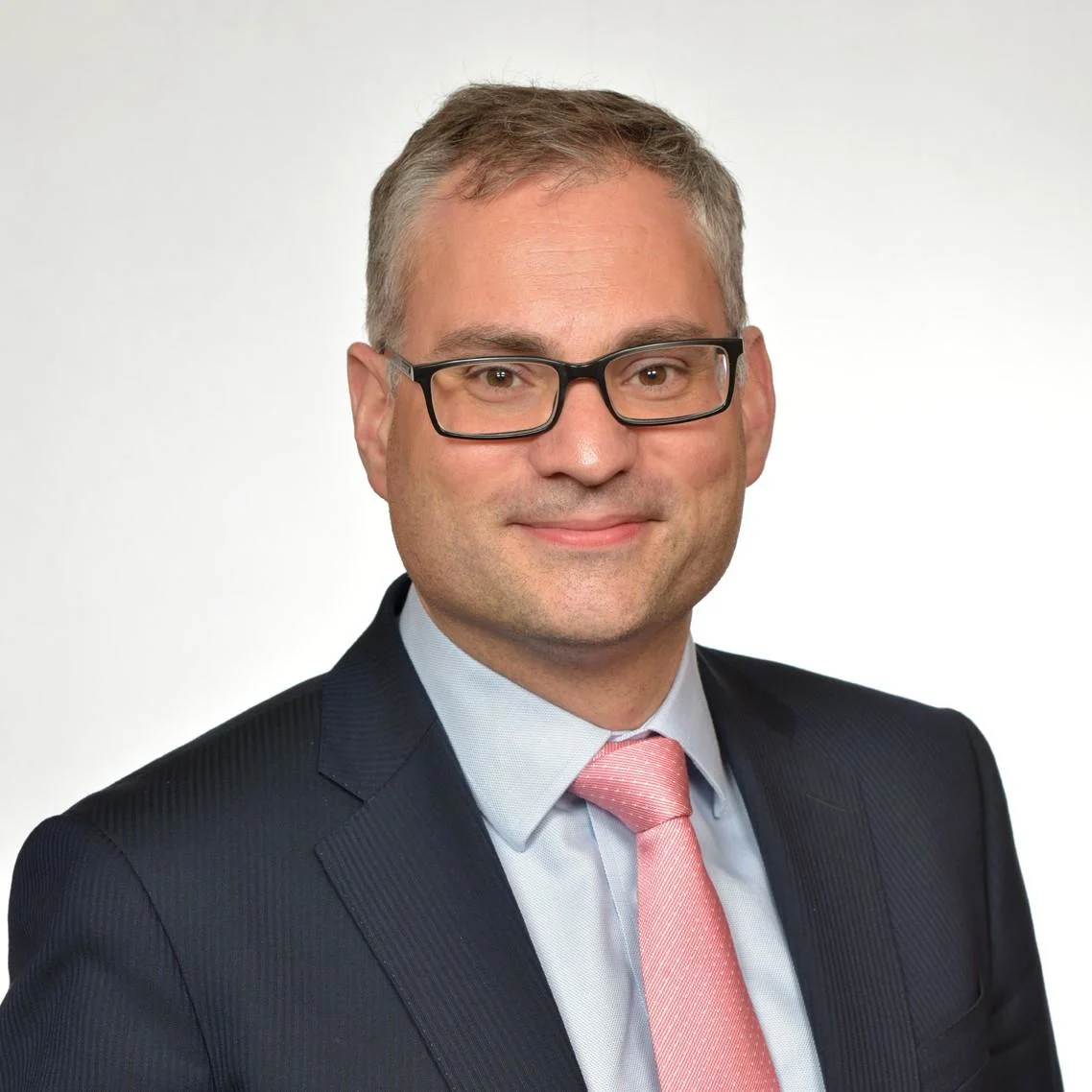
Serox are pioneering the future of diagnostics with cutting-edge technology designed to transform healthcare. This video series takes you behind the scenes of their mission, technology, and vision - showcasing how they are tackling some of the most urgent challenges in diagnostics today.
The Market Opportunity: How Big This Can Really Be
How can data revolutionise healthcare? In this episode, Susannah de Jager and Cici Muldoon explore the power of personalisation, regionalisation, and big data in diagnostics. While Serox’s innovative testing technology is rooted in physics and machine learning, Cici explains that at its core, the company is a data play—with the potential to reshape healthcare on both an individual and systemic level.
By leveraging machine learning models tailored to geographic regions, genetic backgrounds, and diet, Serox is laying the foundation for personalised medicine. The ability to compare a patient’s test results over time—you versus you last year, or five years ago—could transform preventative healthcare, enabling earlier intervention and more precise treatments.
Experts including Professor Adrian Harris and Professor Ben Turney discuss how AI-driven diagnostics will allow clinicians to build detailed patient profiles, identify high-risk groups, and stratify patients based on disease susceptibility. With enough data, this approach could optimise treatment pathways, reduce unnecessary procedures, and ultimately influence healthcare policy at a national and global level.
The conversation also explores the consumer demand for longevity and preventative health insights. Inspired by Silicon Valley’s push for personalised wellness and anti-aging research, Serox’s technology could help individuals and families better understand their own biological changes over time, offering unprecedented control over their health.
[00:00:00] Susannah de Jager: We've spoken about the focus that you've chosen, and that all makes a lot of sense. We've spoken about some of the potential breadth of application. But the one that I really want to dive into is the opportunity around the personalisation and the regionalisation and the sort of data play that's part of this concept.
[00:00:23] Cici Muldoon: At the end of the day, I see this as a data play. Of course there is hardware, there's a consumable, which allows us to implement that beautiful razor blade model. But the most important part of the equation for me lies in the machine learning models that we can build and the way that they can be tailored, not just to particular geographic regions, and genetic backgrounds and diet, but also eventually to specific people.
The pathway to personalisation is very clear, and that's the direction of motion in in-vitro diagnostics at the moment. Also, the data that we will generate from all these diagnostic tests, even for one person, for yourself, being able to test compared to a month ago, compared to a year ago, is hugely significant.
Own generated data is all the rage at the moment. We know full well that people like investing in digital businesses and a lot of the MedTech and Biotech investments out there at the moment, are digital. Well we're not purely digital, there is a hardware element. But we are de-risking that by using existing manufacturer and distribution platforms. We're de-risking the cartridge by using existing lateral flow test capabilities, and the data is really where most of our secret sauce and our IP lies. It's a huge part, and you can see that the data that comes out of this endeavor could one day even influence policy. So we really, we see the company as a data play
[00:01:54] Adrian Harris: These days, big data is probably the way ahead for healthcare and you can already see the massive benefits and implications from the MRC million people study. So if you imagine that you've got similar sorts of data, quality and depth that you could link to those studies, for a simple urine test, or in the future using it in the NHS, as long as it links to all the other databases and there's no reason why it shouldn't, then you could have a very valuable exploratory analysis of metabolites and other components to many diseases that progress and outcomes.
[00:02:27] Susannah de Jager: And machine learning's one of your great loves along with physics, and you've brought these two together brilliantly. It's exceptionally interesting for me to hear that not only are we going to look at data across cohorts that are like us, but on a longitudinal basis for ourselves. Can you talk a little bit more about how you see that could potentially evolve?
[00:02:47] Cici Muldoon: I see this as something that you could eventually use or at your GP surgery where you can monitor the progress of you versus you last year versus you five years ago. I think every human body is very different, and we're discovering more and more that medicine needs to be more personalised. This is exactly along that route.
[00:03:07] Ben Turney: With the advent of AI in healthcare. What we want to try and do is build, a profile of a patient from more than one modality. So we currently have some tests which have value. But hopefully if we have an additional test, we can then link all of these things together and really build a personalised profile for each patient about their risk, for any condition.
As we build a database of urine profiles from more and more patients, we will learn more around differences in ethnicity groups, and we'll learn about higher risk groups for particular conditions and how their profiles vary, and potentially with time we can use this to stratify patients into different categories. So that we can then hopefully target more investigations earlier in these patients pathways to try and catch them at a point when we can really make a difference to their treatment.
[00:04:03] Susannah de Jager: What you see the pioneering kind of Silicon Valley tech idea of people wanting to know why are they aging, how can they slow aging, how can they stop disease degeneration? And clearly if you were able to get data snapshots for yourself, for your siblings, for your family, that picture could be hugely informative, not only in how to treat and diagnose, but in what's causing it.
[00:04:24] Cici Muldoon: Absolutely.
[00:04:24] Susannah de Jager: The opportunity just seems phenomenal.




